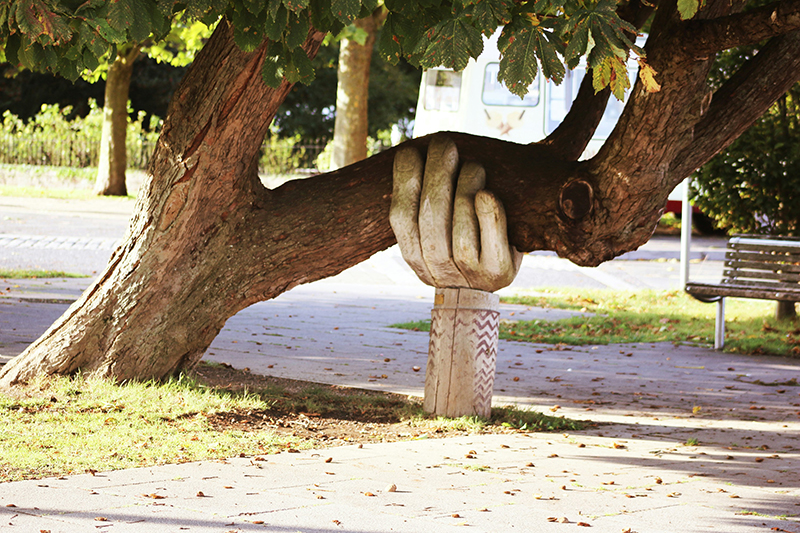I’m considering starting a LinkedIn Live series called “my deepest fears”, where I interview friends and acquaintances about…spoiler alert…their deepest fears. And what they can teach us. What do you think? Would you be interested in taking part?
I’m considering it because I want to create something people genuinely need and want to engage with. I mean content that’s nourishing, not that simply exists. Something philosophical and valuable for all of us. Something brave and honest and perhaps even fun. Something the opposite of superficial.
On that note, a friend recommended Robert Waldinger’s Ted Talk over the weekend. He’s the fourth person to lead the Harvard Study of Adult Development, which tracked the lives of 724 men for 75 years, without knowing how their life stories were going to work out.
The clearest message from the 75-year study—apart from that the Harvard study didn’t seem to care about women, seriously, guys?!—is that good relationships keep us happier and healthier. Social connections are good for us. People who are more socially connected to family, friends, and community are physically healthier and live longer than people who are less well connected.
The other lesson is that loneliness kills. People who are more isolated than they want to be from others find they’re less happy, their health declines earlier in midlife, their brain functioning declines sooner and they live shorter lives than people who are not lonely. One in five Americans reports feeling lonely. From a public health perspective, that’s a nightmare.
A mind-blowing finding from the study was that the people who were most satisfied in their relationships at 50 were the healthiest at age 80. Forget high cholesterol. That’s the major predictive factor. Satisfaction in relationships.
In a marriage, couples who felt they could count on the other person in times of need had sharper memories for longer. They might bicker from day to day but when the chips are down, they’re there for each other.
Reflecting on all this, I’m not inclined to be smug. I do try to invest in supportive relationships as well as draw healthy boundaries on the flip side. Most young people start out wanting to be successful in their careers or famous or rich. By later life, those things make very little difference to your happiness.
To bring this back to the top. My deepest fears are that I’m weak, that I’m a failure, and that I don’t have the esteem and respect of other people. When I look at the evidence, it turns out that I’m strong, successful, and esteemed by, let’s say, at least one in two of the people I meet (ask any Uber driver out there, and they’ll tell you: Nobody can get a five-star review from everyone!).
I think it’s good that I fear people’s judgement, though. It means I care about how I’m showing up as a person and a professional. People’s opinions about me matter, and I’m investing in my relationships. Ironically, one of my deepest fears reveals that I’m on a sustainable path to long-term happiness.
How about you? Does any of this strike a chord?
—Matt Davis is a communications consultant and writer for a wide variety of clients. He also teaches yoga and lives with his wife and son in New York.


